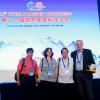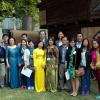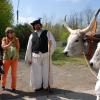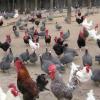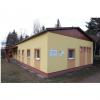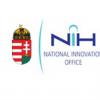11th World Rabbit Congress
The 11th World Rabbit Congress (WRC) was held in Qingdao (Shandong Province, China) from 15th to 18th June 2016 together with the general assembly of the World Rabbit Science Association (WRSA), which is held every four years during the WRC.
